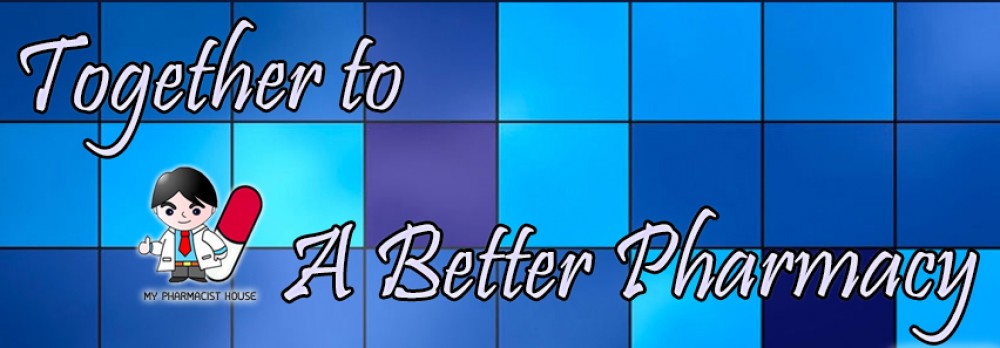
There are many side effects which are unnecessary for medicines, some of them are avoidable, I would like to separate the tips to avoid the adverse effect into 3 categories:
A. Before you take the medicines from your Pharmacist or Doctors
1. Don’t Borrow Drugs:
Although your friend may have the same symptoms as you but there isn’t necessarily that you are having the same diseases as your friends, sharing of medicine lead to serious effects such as exacerbation of the diseases or additional harmful effect to yourself.
2. List out all the medicine you take to your doctor or pharmacist.
These include herbal, dietary supplements, vitamins and over-the-counter (OTC) medicine, if the doctor are not clear about your current medicine, they might prescribe medicine which can interact with your current medicine, interaction of medicine may lead to therapeutic failure. For example, ginkgo biloba, ginseng and large amounts of garlic may make facilitate bleeding, effects medicine like warfarin or nonsteroidal anti inflammatory drugs (NSAIDS) e.g ibuprofen may be worsen the bleeding conditions.
3. Ask your doctor or pharmacist the details of medicine you taking.
Ask them about the details of the medicine; how it is work, what is the possible adverse effects which can occur, if it does occur, how to cope to with the adverse effects.
4. Tell them your histories of allergic to certain medication.
Allergy reaction occur differently on every person, some might allergy to certain antibiotic while others are not, it is impossible for doctors to know every allergy condition of the patients, be sure to tell your doctor about your history of allergic. This can help you avoid taking a medicine that may harm you or from taking too much of a certain medicine.
B. When you Taking the Medicines:
1. Don’t take medicine with alcoholic drinks especially Acetaminophen (Panadol).
Avoid taking medicine with alcoholic drinks as some of these causes interaction between alcohol and the medicine. Mixing Panadol with alcohol is a dangerous prospect, besides causing general stomach irritation; the combination can lead to acute liver failure and, in some cases, death.
2. Don’t mix medicine into hot drinks unless the label tells you to.
Heat may destroy the medicine and prevent it from working effectively.
3. Read and follow the instructions on medicine labels carefully.
Some medicines are supposed to be taken with food while others should be taken on an empty stomach, follow these instructions to maximize the benefit of the medicine and prevent adverse effects from happening. Besides that, don’t take a higher dose of medicine than the label tells you to and don’t take the medicine more frequently than suggested.
4. Don’t take vitamin pills at the same time you take medicine.
Vitamins and minerals can cause problems if taken with some medicines.
5. Take medicine on the same time everyday
Try to adjust your lifestyle to take the medicine on the same time every day in order to provide a fix interval of dosing time to achieve constant level of medicine in your body.
C. After you took the medicines:
1. Do not suddenly quit taking your medicine unless your doctor tells you to.
If side effects continue to bother you and you wonder if you should keep taking the medicine, call your doctor. He or she may be able to lower your dose or change your medicine.
2. Call your doctor or right away or go to the emergency room if you take a medicine and have trouble breathing, get hives, or have swelling of your face, lips, tongue, or throat. These are signs of an allergic reaction to the medicine.
Remember that even if you didn’t have a reaction to a medicine you took in the past, you could have a reaction when you take it now.


